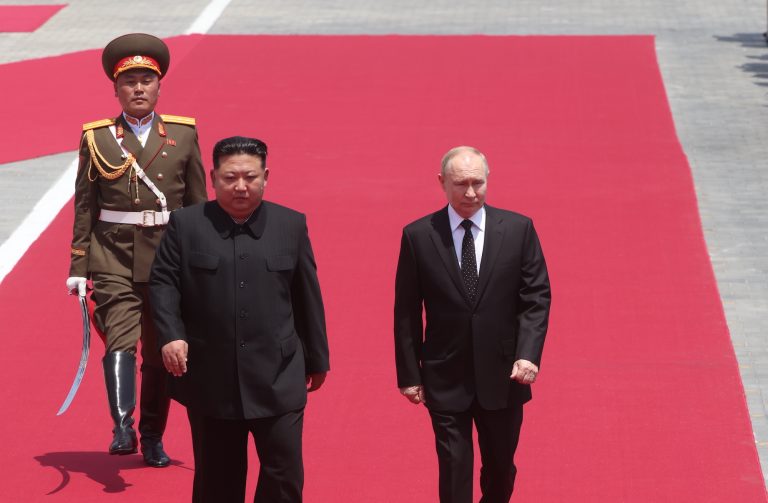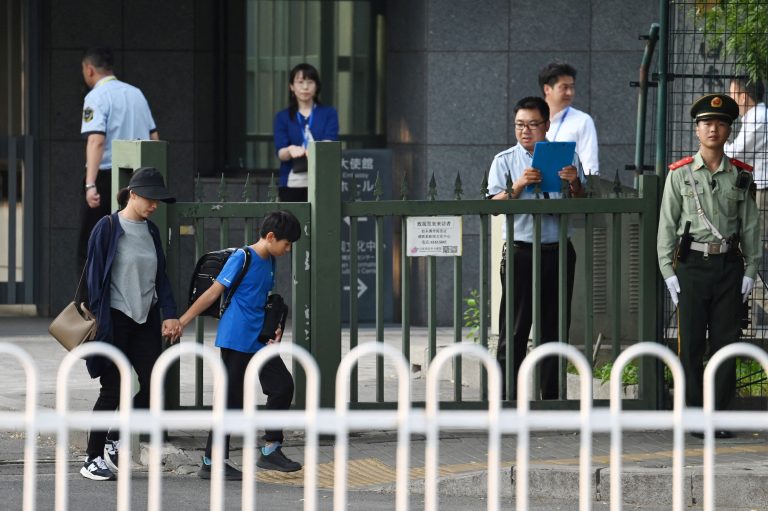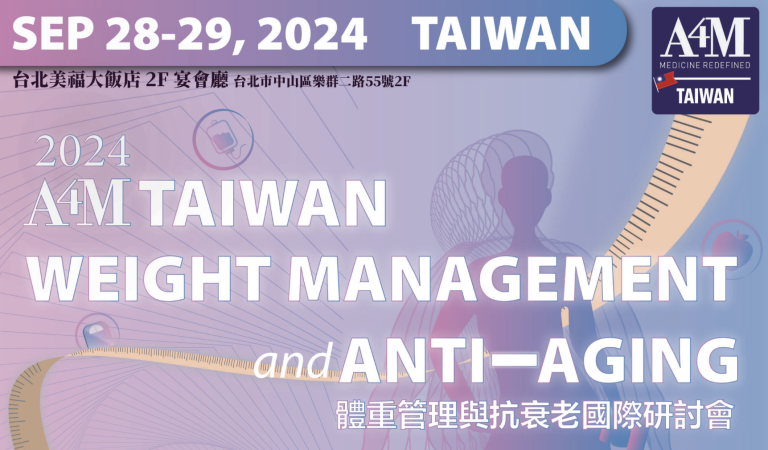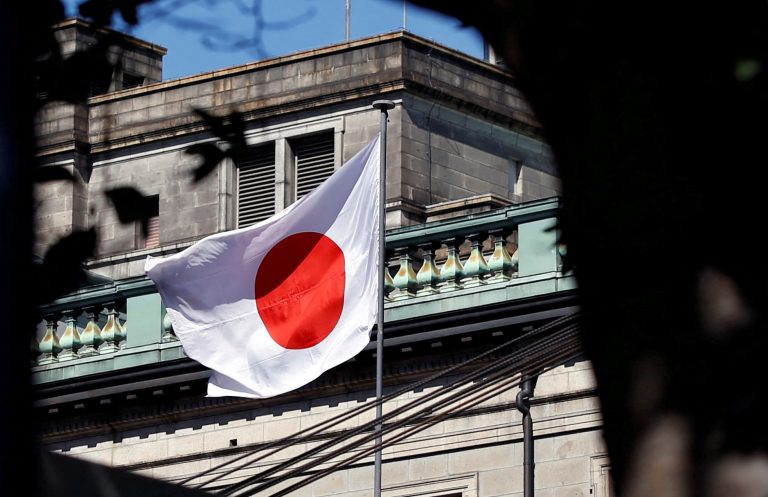In what observers say could be a major strategic shift, Russia and North Korea have entered into a “comprehensive strategic partnership” as Russian President Vladimir Putin visited the isolated East Asian country on June 18 and June 19, meeting with North Korean leader Kim Jong Un.
Both leaders described the deal reached Wednesday, June 19, as a major upgrade of bilateral relations. The “partnership” includes boosted ties in security, trade, investment, cultural and humanitarian ties.
Putin’s trip is his first to North Korea in 24 years, and is seen as a significant move given that the Russian Federation is locked in confrontation with — and sanctioned by — the United States and its allies over Moscow’s war on Ukraine, which began two years ago.
North Korea, an impoverished totalitarian state, has been under United Nations sanctions for decades owing to its nuclear weapons and ballistic missile testing. As a member of the U.N. Security Council, Russia had helped enforce these restrictions until recently.
‘High level of alliance’
Kim greeted and embraced Putin at the airport in Pyongyang, North Korea’s capital, in the early morning of June 18 (Tuesday), while a female aide in Korean traditional dress handed the Russian president a bouquet of flowers.
Success
You are now signed up for our newsletter
Success
Check your email to complete sign up
Russian and North Korean flags adorned the streets of downtown Pyongyang, while Putin was received by honor guards and a lavish display of performers. The Russian president, accompanied by diplomats and defense officials, gifted Kim Russian-built limousines and took him for a drive in one of them.
On Wednesday, Kim lauded the new defense treaty between his country and Russia as a “new, high level of alliance. The treaty, which includes a pledge to help each other if attacked, echoes a 1961 mutual defense pact between Pyongyang and the Soviet Union, which in 1991 broke up into 15 countries including Russia.
Speaking at a press conference following his meeting with Putin in Pyongyang, Kim also described a “comprehensive strategic partnership” that the Russian leader said included defensive elements.
“Our two countries’ relations have been elevated to a new, high level of alliance,” he said. North Korean state media expressed support for the Russian war in Ukraine.
Kim said the pact would expand cooperation in the areas of politics, economy and defense, calling it “strictly peace-loving and defensive” in nature.
North Korea —formally the Democratic People’s Republic of Korea — itself was established with Soviet backing following the end of World War II, while the southern half of Korea became the U.S.-allied Republic of Korea. The two countries are still technically at war following a devastating conflict lasting from 1950 to 1953.
Late last year, the North Korean leader, whose father and grandfather ruled the country before him as hereditary dictators, met with Putin in Russia’s Far East region, touring a satellite launch facility. Experts believe that Russia has been aiding North Korea in the development of its rocket and space technology.
Last November, Pyongyang launched its first successful reconnaissance satellite, the Malligyong-1.
Global implications
The upgrade in relations between Russia and North Korea marks a likely return to the Cold War-era alliance between the then-Soviet Union and the DPRK.
While sparking concern from U.S. and allied officials — particularly those of South Korea and Japan — Russia and North Korea’s moves will also be closely watched by their mutual partner, China.
“I think this is a big change in relation to North Korea,” Ramon Pacheco Pardo, professor of international relations at King’s College in London, told Reuters. “This is about what Russia can get from North Korea — and that is driven by the war in Ukraine.”
While China has helped Russia by supplying it large amounts of industrial goods that Moscow would be otherwise hard-pressed to buy from Western countries or produce on its own, Beijing has so far not directly provided its northern neighbor with weapons, something that would endanger China’s own economic ties with the West.
However, North Korea has been supplying Russia with vast quantities of artillery shells and rockets, a big help in the Ukrainian campaign, a war that has largely devolved into a battle of attrition.
“Without the invasion of Ukraine, I don’t think Russia would have felt compelled to share such [space and nuclear] technology.”
Depending on the exact wording of the mutual defense pact, which was not immediately released, it could be a dramatic shift in the entire strategic situation in Northeast Asia, said Artyom Lukin, at Russia’s Far Eastern Federal University.
“If Russia provides security guarantees to North Korea, then the DPRK becomes an analogue of Belarus, Russia’s main ally in Eastern Europe,” Lukin said. “It will be an open challenge to the system of U.S.-centric alliances in Northeast Asia. And, of course, it will be a huge problem for Seoul and Tokyo.”
Dr. Edward Howell, a political scholar at Oxford University, noted that China would likely try to up its own diplomacy with Pyongyang in response to Russia’s moves.
“I think that China will be watching closely. This year is 75 years of relations between China and North Korea. And I think a visit, wherever they meet, a meeting between Xi Jinping and Kim Jong-un is likely. China does not want to be left out of any foreign policy decisions made by North Korea,” he said.
“And I also think China is not very happy with the fact that this relationship between Moscow and Pyongyang has reached new heights. You know, Kim called Russia North Korea’s most honest friend. What does that mean for China, which is North Korea’s largest economic partner? China has been much more valuable for North Korea than Russia has been.”
Kang Jun-young, professor of China studies at Hankuk University of Foreign Studies, said stronger ties expected between Russia and North Korea through Putin’s Pyongyang visit could eventually “weaken China’s clout on North Korea.”
“From China’s point of view, closer ties between Russia and North Korea will not make the most optimal setting for China’s East Asia strategies,” Kang said. “A new factor [impacting China-North Korea ties] will emerge if ties between Russia and North Korea become bolder.”
Putin left North Korea on June 19, heading to Hanoi, Vietnam, for talks with its leaders.
Reuters contributed to this report.







